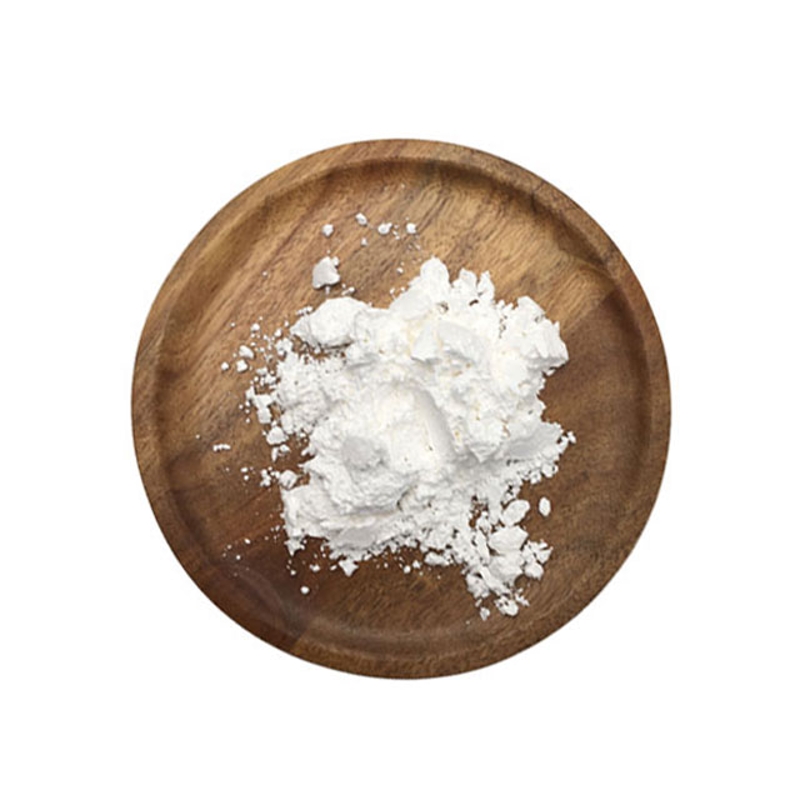-
Categories
-
Pharmaceutical Intermediates
-
Active Pharmaceutical Ingredients
-
Food Additives
- Industrial Coatings
- Agrochemicals
- Dyes and Pigments
- Surfactant
- Flavors and Fragrances
- Chemical Reagents
- Catalyst and Auxiliary
- Natural Products
- Inorganic Chemistry
-
Organic Chemistry
-
Biochemical Engineering
- Analytical Chemistry
- Cosmetic Ingredient
-
Pharmaceutical Intermediates
Promotion
ECHEMI Mall
Wholesale
Weekly Price
Exhibition
News
-
Trade Service
Currently, Coronavirus Disease 2019 (COVID-19) caused by severe acute respiratory syndrome virus type 2 (SARS-CoV-2) has caused a global pandemic, causing extremely high morbidity and mortality
.
Few studies can confirm the impact of gender on morbidity and mortality.
The various risks of men are higher than women
Estrogen is an immunostimulatory factor
Because men are more severely affected by SARS-CoV-2, they need a longer hospital stay and have a higher mortality rate than women
.
The observed resistance of women to SARS-CoV-2 can be attributed to sex hormones, especially estrogen , which is known to enhance the immune activity of B cells and T helper cells
Women’s resistance to SARS-CoV-2 can be attributed to sex hormones, especially estrogen
Estrogen can lower low-density lipoprotein cholesterol and increase high-density lipoprotein cholesterol
.
17β-estradiol is an estrogen and a hormone that is known to mediate the interaction and activation of early and late endothelial nitric oxide synthase estrogen receptor interactions
Estrogen can lower low-density lipoprotein cholesterol and increase high-density lipoprotein cholesterol
Different estrogen
The difference between innate immunity and acquired immunity
Women are less susceptible to viruses due to innate immunity, hormones and other factors related to sex chromosomes
.
Hormones have a significant regulatory effect on the range of male and female immune response
Sex chromosome-related factors estrogen therapy can inhibit the inflammatory response and reduce the SARS coronavirus load, thereby improving the survival rate of mice
A position of the ACE2 gene on Xp22.
Increased plasma cytokine levels are related to lymphopenia, which can lead to the progression of new coronary pneumonia
The role of angiotensin converting enzyme 2
The role of angiotensin converting enzyme 2The ACE2 gene found on the X chromosome has different roles in men and women
.
ACE2 achieves its important functions by breaking down angiotensin I into angiotensin II
SARS-CoV-2 enters through ACE2, similar to SARS-CoV virus, with a spike protein that binds to ACE2 to invade cells
The presence of high ACE2 receptors may increase the risk of SARS-CoV2 infection
.
The level of ACE2 in the blood circulation of men is higher than that of women, and this is also true in patients with diabetes and cardiovascular disease
.
diabetes
Intestinal flora
Intestinal floraThe development of innate and adaptive immune response is largely affected by the composition of the human intestinal flora
.
The human intestine has a diversified and complex microbiota, which functions by establishing a durable host immune homeostasis, including whole organisms (complex organisms) and whole genomes (collective genomes of all organisms)
.
This complex composition provides key genome and metabolic capabilities, and has an important impact on the initiation and development of the host immune system, thereby protecting against infection and protecting the ecological balance of microorganisms
.
The steady-state cascade that exists between the immune system and the host's gut microbiota plays a vital role in regulating the response of host cells and tissues to infectious agents
.
In several viral infections, the interaction between the virus and the microbiota has been studied
.
For example, the surface element molecules on the surface of Bacillus subtilis are known to decompose many viruses, including influenza A viruses
.
Therefore, the intestinal flora may affect the pathogenicity of COVID-19.
On the contrary, SARS-CoV-2 may affect the intestinal flora and cause ecological imbalance and other adverse consequences
.
Therefore, during the SARS-CoV-2 infection, changes in the composition of the existing intestinal flora and health status may play an important role in determining the susceptibility and resilience of individuals to COVID-19
.
However, most COVID-19 severe symptoms and deaths occur in people who have certain risk factors, such as the old age of, previous complications, as well as gender , these risk factors indirectly to microbiota disorder characterized
.
regulating the response of host cells and tissues to infectious agents.
During SARS-CoV-2 infection, the existing intestinal tract Changes in flora composition and health status may play an important role in determining the susceptibility and resilience of individuals to COVID-19 .
Aging, past complications, and gender
Environmental factors
Environmental factorslife>
life> Life>
.
Because men have a smoking habit more than women
.
The lung function of smokers tends to be weakened, leading to chronic lung disease and heart disease.
If you are infected with COVID-19, this may be the worst result
.
In China, the smoking rate for men is 57.
6%, which is nearly 10 times that of 6.
7% for women
.
The higher expression level of ACE2 in the lower airway of smokers indicates a higher risk of new coronary pneumonia
.
These findings indicate a factor behind the increase in male mortality due to COVID-19 and require further verification
.
If you contract COVID-19, this may be the worst result.
sports
sports The decline in the incidence of COVID-19 symptoms in women may also be related to their frequent moderate to high-intensity physical activities
.
Women prefer long-term and high-intensity exercises than men
.
Prolonged and strenuous exercise may lead to immunosuppression.
On the contrary, light and moderate exercise can enhance the immune response and significantly reduce the risk and severity of respiratory viral infections
.
This is supported by many studies that explain that moderate exercise can reduce inflammation and enhance immune function
.
Regular mild physical activity can affect stress-related hormone levels, thereby reducing severe inflammation of the respiratory tract, and helping to activate antiviral innate immunity and differentiate immune function to Th2 type.
Extensive research is needed to study how exercise regulates immune response.
Cellular and molecular cascade reactions
.
Mild and moderate exercise can enhance the immune response and significantly reduce the risk and severity of respiratory virus infections
Nutrition
Nutrition A study showed that postpartum and prenatal changes in the nutritional environment are related to a reduction in the mortality rate of women infected with HIV .
For example, a high-fat diet and supplementation of trace elements such as vitamin B, C and E reduced the mortality rate by 32%
.
Another study showed that compared with men, supplementation of trace elements is more beneficial to women
.
Original source:
Rehman S, Ravinayagam V, Nahvi I,et al, Immunity, Sex Hormones, and Environmental Factors as Determinants of COVID-19 Disparity in Women.
Front Immunol 2021;12
Leave a message here







